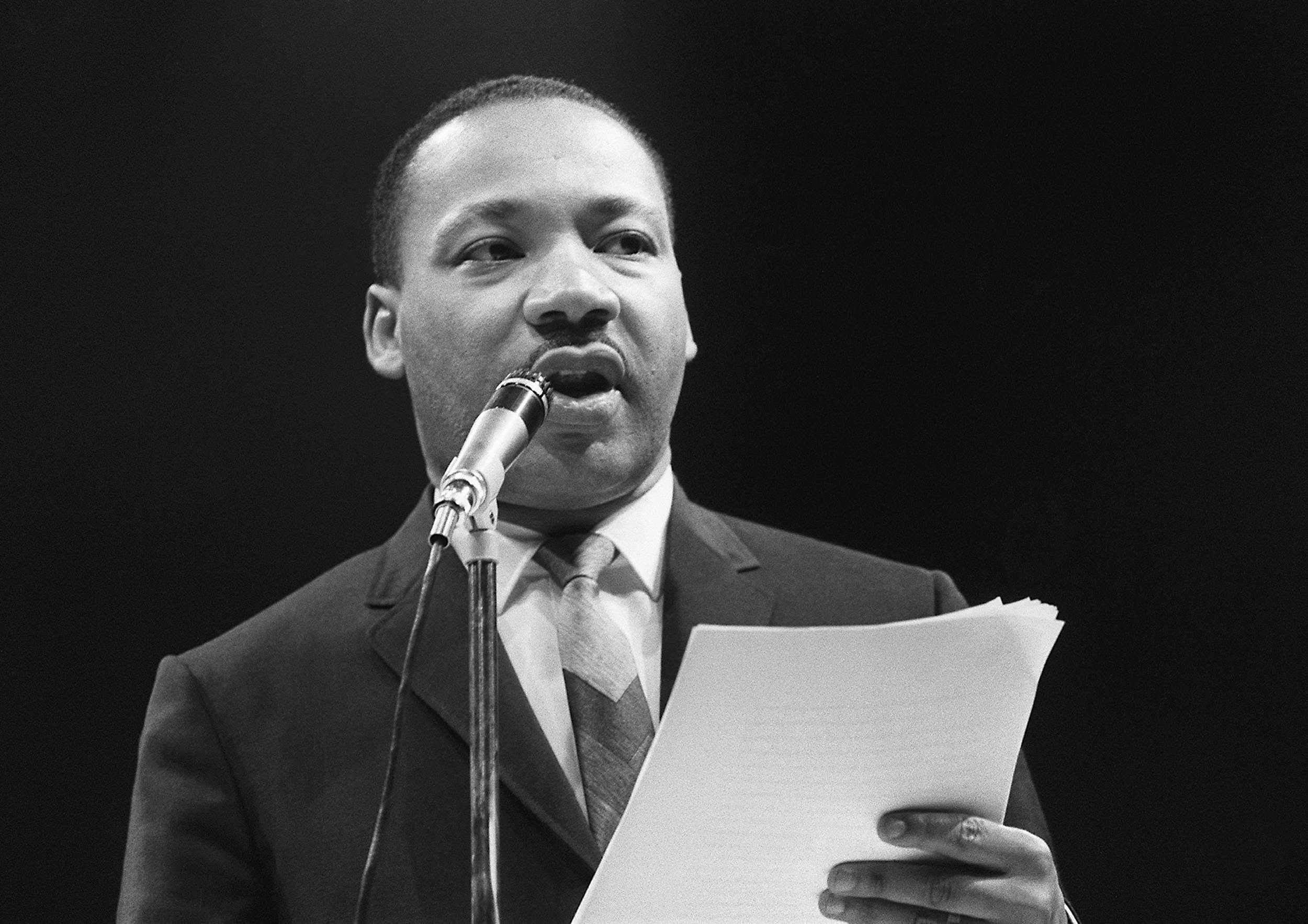
On January 18, our nation will observe Dr. Martin Luther King Jr. Day, or MLK Day. This holiday commemorates the life of the Southern minister, Nobel laureate, and key leader of our nation’s civil rights movement. As a parent of a small child, you may be at a loss as to how to introduce King’s legacy to your daughter or son. You may be wondering, “Is this relevant?” “How much should I say?” or “How should I discuss a topic such as race relations or the civil rights movement?” with a preschool or school-age child. The discussion might seem “too heavy” for a young child to understand.
"Mommy, how come their skin isn't like mine?"
Many years ago, our 3-year-old daughter asked this question after playing with children from different racial backgrounds. Your child’s curiosity can be an opening to begin conversations that will shape their perceptions about race, ethnicity, and culture. By the age of 2 or 3 years old, children have already become aware of physical differences. At that age, however, they will not make the connection that these differences are associated with race.
Their knowledge about their own personal ethnic identity and heritage continues to develop throughout adolescence. How you respond to questions about physical differences in others fosters this development. If your child asks about differences in skin color, you can acknowledge those differences while underscoring the value of diversity. “You are right. We all have skin that is different — isn’t that great?”
Affirming a toddlers's observation and emphasizing the importance of those differences underscores why diversity is important
Sharing with your children the many contributions of women and men from diverse backgrounds throughout the year — and on special holidays such as this one — also illustrates this point. The family unit serves as an invaluable source of information and guidance while a child is navigating this path and learning about her own family’s history and people from other racial and cultural backgrounds.
Your child’s exposure to MLK Day through school, day care, the neighborhood, or even in the media may prompt questions from him. When kids learn more from sources outside your home, they will surely bring back this newfound knowledge, and they will be eager to share.
Here are key points to emphasize when talking with young children about Dr. King's life:
- MLK was a minister from Atlanta, Georgia.
- He had a dream that life would be fair for all people and that all people could achieve their dreams.
- King won a famous and important award for being a peacemaker (Nobel Prize).
For older children, you could emphasize these points:
- President Ronald Reagan signed a law to establish a holiday to recognize King’s work in 1983.
- Share King’s famous 1963 “I Have a Dream” speech. In that speech, King spoke not only as a leader, but also as a parent: “I have a dream that my four children will one day live in a nation where they will not be judged by the color of their skin but by the content of their character.”
- MLK talked about equality and freedom for all people, and he promoted the use of nonviolence to achieve these goals, which extend beyond our nation and abroad.
- In 1994, the US Congress designated Martin Luther King Jr. Day as a day of national community service. You and your family may choose to identify a local community service project held on MLK Day.
This year, communities, families, and individuals across the country will use this day to remember Martin Luther King Jr.
They will celebrate what the movement meant for all Americans in a variety of ways. Mothers and families can seize this holiday as an opportunity to either introduce MLK and his dream to a world where diversity is embraced and valued, or to continue the dialogue that has already begun.
Here are ways for you to expose your child to MLK’s dream on MLK Day and throughout the year. (Keep in mind potential closures due to COVID-19.)
- Martin Luther King Jr. celebrations in your community
- Visit The Martin Luther King Jr. Center for Nonviolent Social Change in Atlanta
- Visit the Martin Luther King Jr. National Memorial in Washington, DC
- Books that are age-appropriate about Martin Luther King, Jr.’s life: The Story of Martin Luther King Jr. by Johnny Ray Moore; Martin Luther King, Jr. Day, by Reagan Miller; A Picture Book of Martin Luther King, Jr. by David A. Adler; Happy Birthday, Martin Luther King by Jean Marzollo, J. Pinkney



